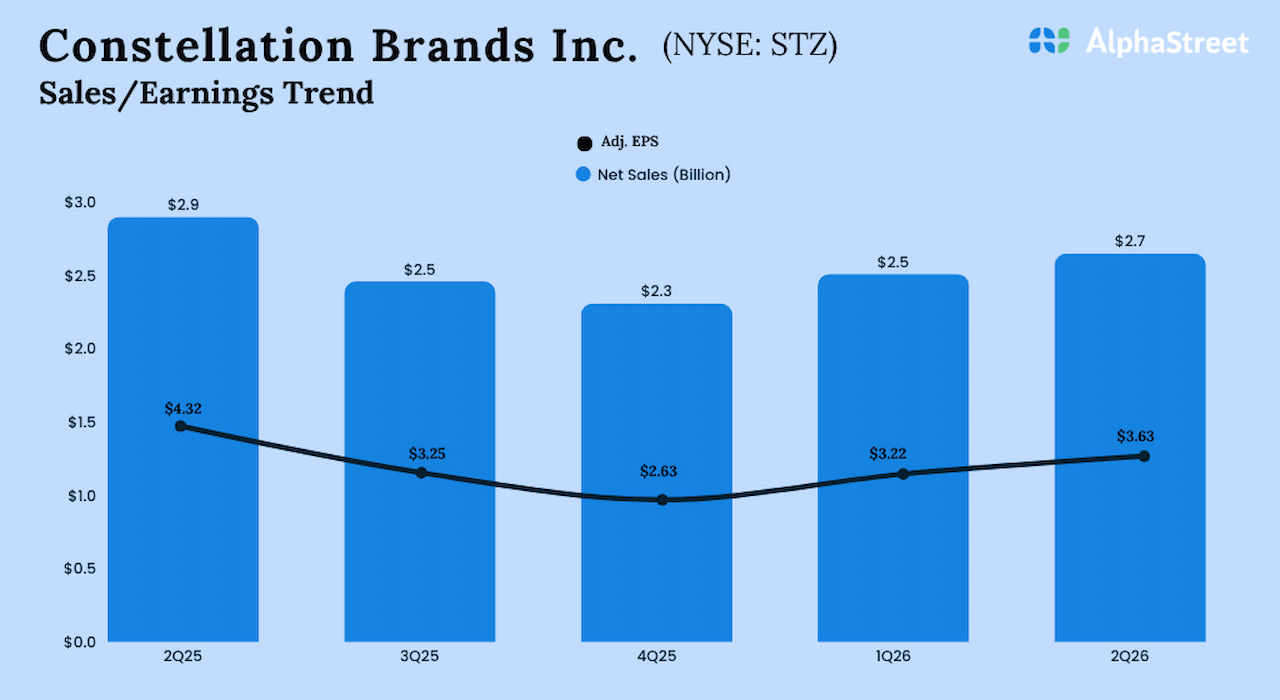While much has been written about the “vibe shift” in America since Trump’s reelection, an almost equal feeling of change has recently been felt in British politics. Following the Conservatives’ landslide defeat in July 2024, the incoming Labour government’s popularity collapsed almost as soon as they took office.
This general discontent with the major parties, combined with an increasing focus on immigration, seems tailor-made to benefit Reform UK—the new right wing populist party founded by Nigel Farage. Indeed, recent polls have put Reform ahead of both Labour and the Conservatives, an extraordinary feat for a small, new party.
But does the rise of Reform UK indicate growing opposition to big government economic intervention in Britain? Their 2024 election campaign made scattered references to economic issues but these clearly haven’t been their main focus so far. In trying to guess what Reform’s economic policies might be, it’s tempting to assume that they might follow the lead of similar right wing populist movements elsewhere by implementing some pro-market reforms, such as Javier Milei’s economic overhaul in Argentina and Trump’s efforts to cut USAID and taxes.
Unfortunately, however, hopes that Reform UK might represent a more economically liberal alternative for Britain were dashed by the recent announcement of their new energy policies. In one of the young party’s first significant policy announcements, they vowed to “scrap net stupid zero” and lower energy prices by means of four head-scratchingly counterintuitive policies: a windfall tax on renewable power, a “special tax upon their death” for farmers who allow solar farms on their land, a ban on Battery Energy Storage Systems, and legislation to force the National Grid utility company to bury power lines underground.
Windfall Tax on Renewable Power
A “windfall tax” is a tax on unexpectedly large profits, particularly those attained unfairly or by luck. Reform’s proposed windfall tax on renewables, which is effectively a continuation of the previous government’s Electricity Generator Levy, does not reflect any rise in the true profitability of renewable energy. Far from having become legitimately more profitable through a rise in consumer demand or a decline in costs, British renewable energy providers have seen their profits rise through automatic increases in their government subsidies in line with surging energy prices.
As explained in a recent interview by Andy Mayer, energy analyst at the Institute of Economic Affairs, existing government policies have tied the level of renewable subsidies to the level of market energy prices. After a significant increase over the past several years, Britain now has amongst the highest energy prices in the world, which has triggered an automatic rise in renewable subsidies.
Reform’s windfall tax seeks to recoup the costs of these subsidies, but many commentators have pointed out the absurdity of providing government handouts to renewable energy companies and then taxing that money straight back again. The rationale seems to be that Reform is unwilling to shake the confidence of investors by fully scrapping previous governments’ subsidy agreements. But, as Murray N. Rothbard argued in Anatomy of the State, governments are not the legitimate owners of their territories or the tax revenues they extract, and therefore, government agreements shouldn’t have the same “sacred,” unbreakable quality as legitimate private contracts. Renewable energy providers have benefited considerably at the taxpayers’ expense thanks to their subsidies and agreements with the state; perhaps Reform should be less concerned with shielding these companies from the downsides of having made such deals with the devil.
New Taxes and Bans for Solar Power
The two anti-solar policies proposed by Reform UK share the same goal of half-heartedly trying to recoup the costs of renewable subsidies, while only being willing to do so using measures which would increase the size of government. The proposed “special tax upon death” for farmers who allow solar farms on their land is effectively a limited adoption of a controversial Labour policy. In October 2024, the new Labour government announced that the much-despised 40 percent Inheritance Tax would be extended to include agricultural land, which had previously been exempt. This move sparked ongoing mass protests by farmers, whose generally low incomes relative to the high on-paper value of their land left them particularly vulnerable to the tax.
Reform UK has opposed this extension of the Inheritance Tax, but their new proposal would effectively apply the hated tax to farmers who supplement their income by allowing subsidized solar farms on their land. Aside from the goals of recouping the costs of renewable subsidies and preserving the subjectively more appealing appearance of grassy fields without solar panels, the proposal has also been argued to benefit British food security by discouraging the use of the land for non-agricultural purposes. However, the idea that Britain ought to be food self-sufficient is not only an uneconomical denial of the benefits of free trade, but also absurd given the well-known history of Britain’s long and comfortable reliance on food imports.
Britain has lacked food self-sufficiency since at least the beginning of the Industrial Revolution, and has imported half or more of its food continuously since the late-nineteenth century, including during the two World Wars. It is always possible that a future crisis might require more of Britain’s food to be grown domestically, but it is difficult to see what the benefit would be of impoverishing the country by treating that problem as if it has already arrived, instead of taking advantage of the benefits of free trade while they’re available, and hence meeting future conflicts with greater economic strength and prosperity if and when they arrive.
As for the proposed ban on the Battery Energy Storage Systems (BESS), which typically accompany solar power plants, this partly stems from concerns that BESS are at risk of catching fire. While such concerns ought to be considered seriously, responding to them with an outright ban is not only unjust in principle as a violation of the property rights of those who might want to invest in such technology, but is also an unnecessarily heavy-handed approach. In a free market, appropriate safety measures against such fires would be encouraged by the incentive of BESS owners to lower their insurance costs and avoid legal action in response to damage and pollution of surrounding property.
Burying Power Lines
The last of the Reform UK policy proposals would legislate to force the National Grid utility company to take down electricity pylons (aka, transmission towers) in favor of burying power lines underground. While it could be argued that this policy was inspired by safety concerns (an estimated two people per year are killed in the UK by overhead electricity lines, e.g., see Western Power Distribution. 2016. Look Out- Look Up! A Guide to the Safe Use of Mechanical Plants in the Vicinity of Electricity Overhead Lines. Issue 8. Bristol, UK) it seems just as likely that Reform has proposed the policy to placate rural conservationists who have long opposed the pylons for aesthetic reasons. While there’s nothing wrong with preferring the appearance of countryside without electrical pylons, it is doubtful whether the extraordinary costs of burying power lines would be willingly borne even by the most ardent anti-pylon campaigners.
According to a 2012 study, overhead electrical cables cost between £5.0-£9.5 million per mile to install and maintain, whereas underground cables cost between £23.2-£54.5 million per mile. (These figures have been converted into 2024 prices, adjusted for inflation). With approximately 4,500 miles of overhead cabling for high voltage electricity in England and Wales, this could mean a cost of more than £245 billion ($311 billion), before even considering the cost of deconstructing the more than 22,000 existing transmission pylons. Whether this cost is borne by the taxpayers directly, or whether consumers simply have to pay higher energy prices due to a decline in supply after this heavy burden is placed on energy providers, the idea that such a policy would have the desired effect of “lower[ing] energy bills for working people” is laughable.
New Party, Same Tools
Aside from these individual issues, by far the most disappointing aspect of these policies is how little meaningful difference they show between Reform UK and Britain’s other political parties. Far from wanting to shrink the state, Reform seems to be revealing that they’re just another group hoping to be in charge. Much like the other major British parties, they seem incapable of imagining any tool to achieve their ends other than raising taxes, banning things, and increasing the size of government.
The only positive to be drawn from the announcement is that its obvious economic illiteracy and disappointing narrow-mindedness has been the subject of nearly universal mockery online, particularly from those eager for an alternative to the established political parties. However, regardless of whether this prompts a U-turn from Reform, they will never be able to offer a meaningfully better direction for Britain until they let their policy proposals be informed by a robust understanding of the benefits of free markets, free trade, and sound Austrian economics.
























